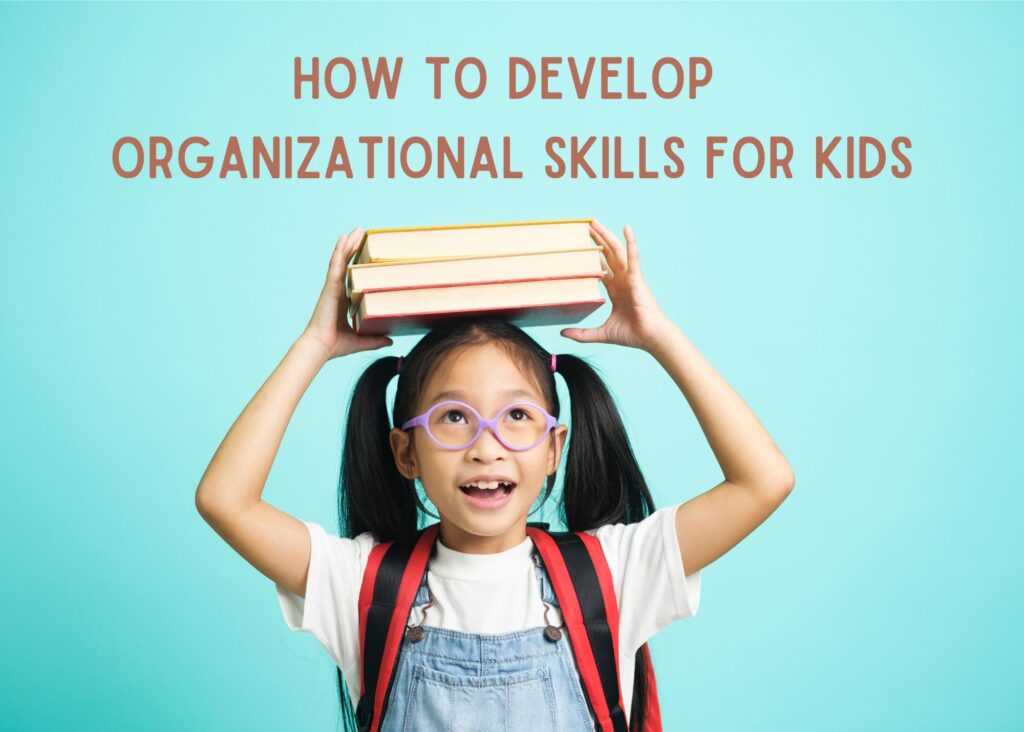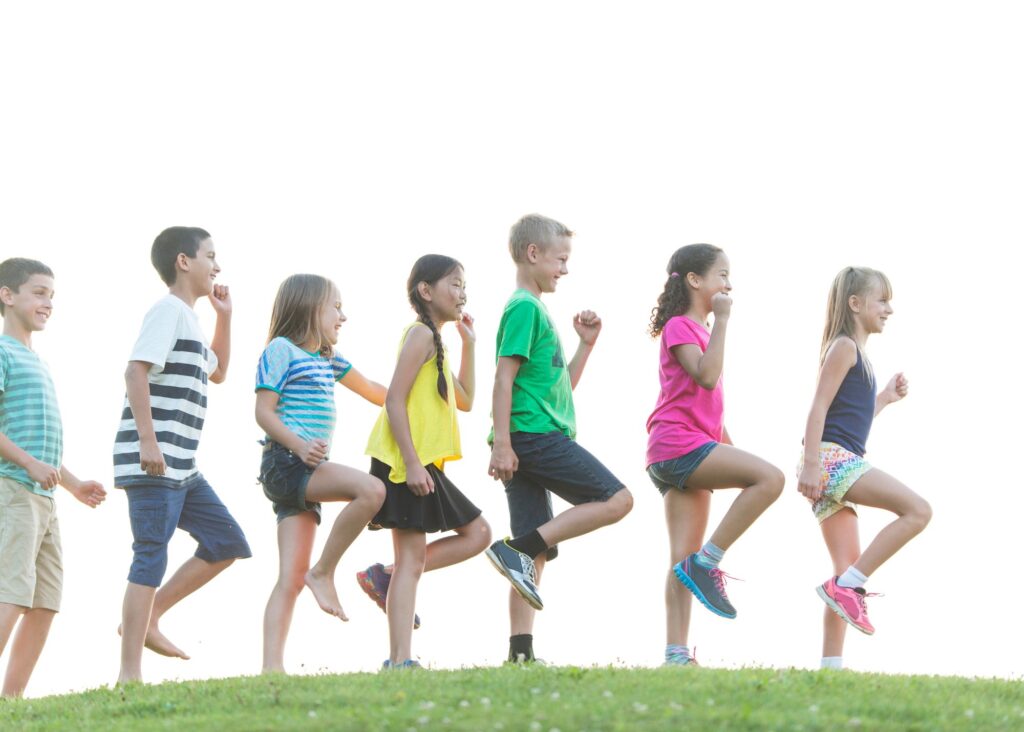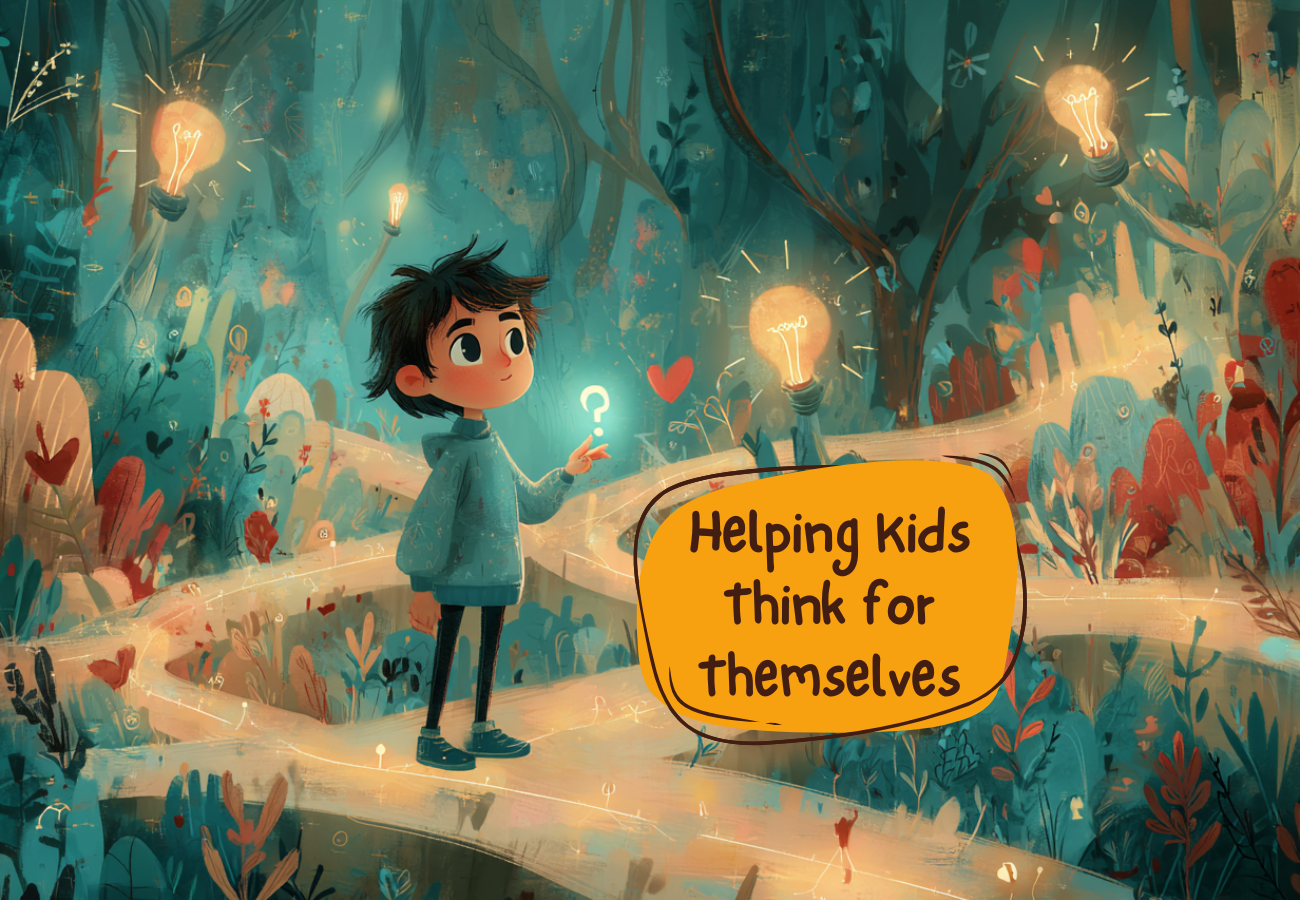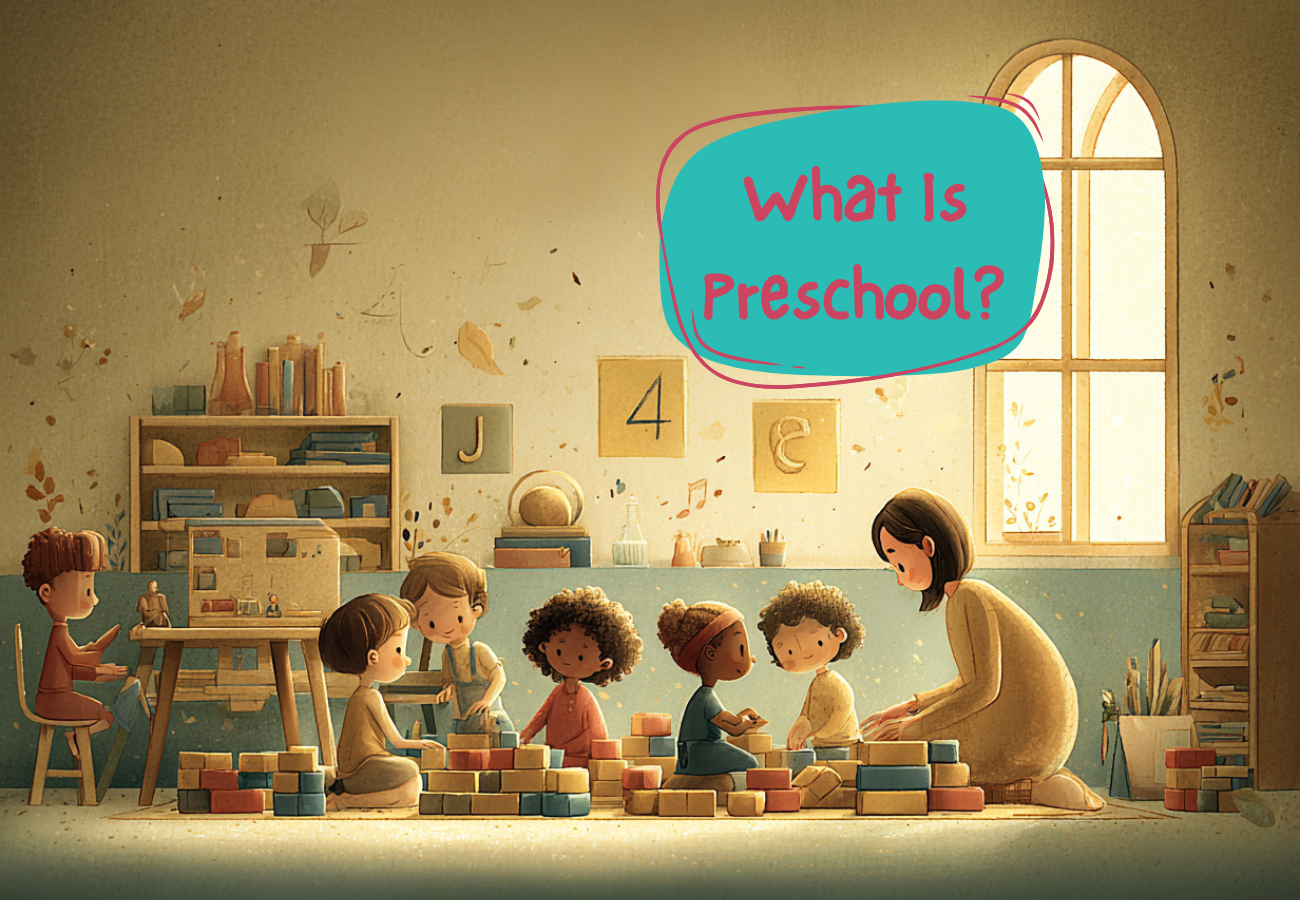How to Develop Organizational Skills for Kids

Organizing and planning skills are in almost every requirements list of any job announcement. It’s so ordinary nowadays for successful people to come on time, keep a daily planner, and have plans for more than a day. It makes our life more meaningful. For that matter, people with developed organizational skills can control their daily routines. See, it’s crucial to manage one’s time. That’s why kids should learn how to avoid a lack of organization skills from childhood.
How to Improve Organizational Skills?
If you think that self-discipline is the trait one can only be born with, you`re mistaken. There are plenty of activities and exercises (google organizational skills examples) to boost your planning skills and make you think a few steps overhead. The same is true for kids. They are young and can absorb everything you teach them. Don`t waste your time in vain, and begin coaching your little one right now.
Is My Child Disorganized?
The research conducted in Saint Xavier University focused on the connection between poor school achievements and lack of organizational skills finds out that most parents believe the connection is real. Turns out they don`t take responsibility, shifting it to teachers. Even being convinced that a lack of organizational skills in kids prevents them from succeeding, moms and dads aren’t ready to make efforts to deal with it.
No wonder parents may not notice the signs of disorganization chalking it up to poor educational level or other factors. The presence of organizational skills in your kid or their absence could say a lot about your child’s readiness to cope with time management challenges.
Have your ever noticed such signs of disorganization in your children as:
- They have a lot of time but cannot fulfill a single task;
- They don’t know what to start;
- They’re always late;
- They constantly shift from one task to another.
- They lose things, forget about important issues;
- They are always distracted;
- They cannot bring the matter to an end;
- They have no idea what he`ll be doing tomorrow, etc.
Are these signs familiar to you? If so, your kid may struggle with problem-solving and organizational skills issues. But you can help your son or daughter to learn the most important skills and character traits so needed in adult life.
Activities to Improve Organizing and Planning Skills
Here are 10 exercises and activities to make your little one focus on his daily tasks and cope with them successfully.
Create a Step by Step Plan
Many kids fail at the very beginning because they see the problem as something too difficult to overcome. You should help them make a detailed plan. Divide each task into several steps and tell kids to think about each step one by one, not altogether. Make them enjoy small successes. It`ll motivate them to keep going. The problem won’t seem so huge any more. It’s better to cultivate patience as well to avoid stress when facing problems.
Homework Organizer Ideas
Planners are very popular among people of different occupations – teachers, coaches, businessmen, students, doctors, etc. Your kid also has plans to write down, doesn’t he? First, it`s homework assignments. Second, home duties. Third, personal plans (walking with friends, going to the cinema with his parents, etc). But, take into account that children like vibrant colors, illustrations, and out-of-the-box design. That’s why you have to find homework organizer ideas for kids to attract their attention. Encourage them to write down the task and tick them off.

Organize Learning Space
Teach children to sort worksheets and other learning stuff. Go to a stationary shop and buy folders or binders for children. The more they like its design, the more they like to work with it. Help your child to clean everything up and sort his papers and worksheets. When he’s old enough, let him do it himself.
Prepare in Advance
This activity is very helpful for those kids who get on a school bus at the last minute. Teach kids to enjoy every moment of the morning. It can be watching a cartoon before school or doing morning exercises (and you should be an example for them). Encourage children to prepare everything in advance. In the evening:
- Choose the clothes to put on the next day;
- Pack a bag;
- Do other arrangements needed the next morning.
Don’t Forget to Praise Your Kids for Their Achievements
Some kids like to keep a planner, sort worksheets, and conduct wardrobe audits. As a rule, girls are mostly accustomed to it, while boys need more motivation and control to catch up with it all. Be unstinting in praise to not let your kids give up.
They will fail from time to time or forget about important things. But they will still have the skill, which can be boosted at any time.
Use a Daily Schedule
Your kids definitely have chores. Add a little bit of organization and self-management to that. Let’s imagine that your child should do every day such tasks as:
- morning exercises;
- homework;
- read 5 pages of a book;
- feed his favorite parrot.
Chore charts would greatly help with sticking to the schedule. And on Wednesday and Friday, they’re busy with swimming workouts and piano lessons. Include these activities in the schedule and arrange a time for them. This helps to cultivate a habit to concentrate on certain tasks every day at a defined time.
A Superhelper challenge would be a great start towards helping your kids organize their day.
Get Rid of Distracting Factors
Your child may forget about everything because they’re too busy with their smartphones or computer games. That’s a separate topic to discuss, but in short, you should arrange a time for it in a planner. And don’t allow a kid to push the boundaries.
Gonski Institute of Education in Sydney conducted research revealing that 83% of parents are convinced that gadgets distract their kids. Moreover, 65% report having a home conflict on such a basis. Thus, you should resolve the gadget problem to instill organizational skills in your little one.
Make a Home Study Area
Many adults prefer cozy cafes where they can work remotely because it makes them more job-concentrated. Kids also need a special area to focus on a subject. One goes to a gym to do sports. Whereas, for reading, there`re reading nooks ideas, and you can create a special place for studying as well. The must-haves are:
- a comfortable study table;
- drawers;
- a bookshelf;
- useful posters or worksheets on the wall;
- a fluffy rag;
- a kid`s desk chair.
Choose the furniture together with your daughter or son to make them love their home study area.
Teach Children to Value the Time
One cannot develop organizational skills in children without helping kids to understand the value of time. Talk about time and try to explain that kids should value their time, as well as the time of other people. Give them examples and use some worksheets on the topic.
Do Regular Audits
Encourage your little ones to organize paperwork at home. Tell them to get rid of unnecessary ones now and then. The same is true for a school bag. Keep it clean in order to quickly find the stuff in it.
Final Words
By helping kids organize their time, you teach them to use it productively. That cannot but positively affect their habits and world perception. Organizational skills let kids enjoy their spare time and use the working one effectively. If you also lack it, it’s high time to start developing planning skills together with your child.
More articles

Helping Kids Think for Themselves — Gently and Without Pressure
Independent thinking is the ability to look at a situation, ask questions, form opinions, and make choices with confidence. Kids who think for themselves tend to feel steadier in their daily lives. They trust their thoughts and can speak up even if others see things differently. Parents and teachers often want this skill for kids, […]

The Impact of Color and Texture on Children’s Emotions, Behavior, and Learning
Children don’t just see their environment — they absorb it. Every color, every texture, and every visual detail around them quietly shapes the way they focus, relax, behave, and even understand their own emotions. While adults often adapt to a space automatically, children respond to it instantly and instinctively. That’s why creating a supportive environment […]

What Is Preschool and Why It Matters for Early Development
Choosing the right preschool is one of the most critical decisions parents make in shaping their child’s early development. In today’s evidence-based educational climate, early childhood education is recognized not merely as preparatory schooling, but as a scientifically validated foundation for cognitive, emotional, and social growth. High-quality programs such as Little Scholars NYC, an established […]



